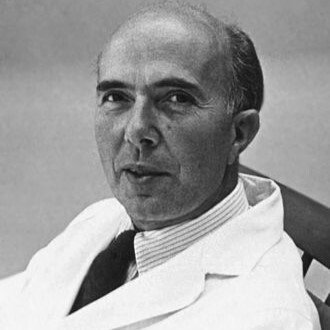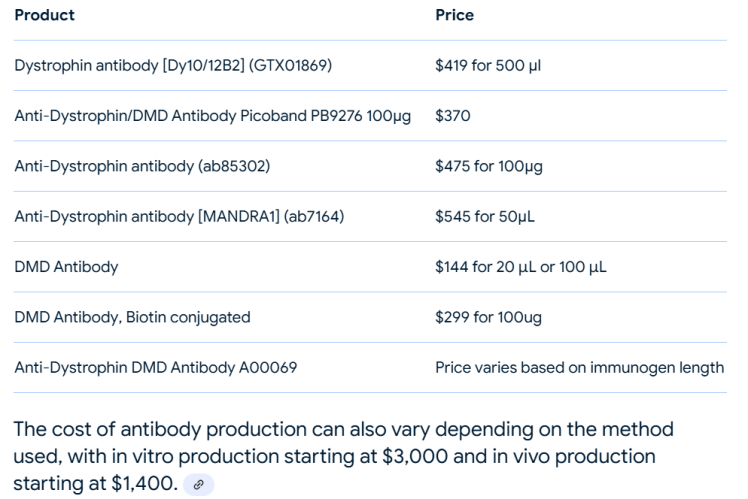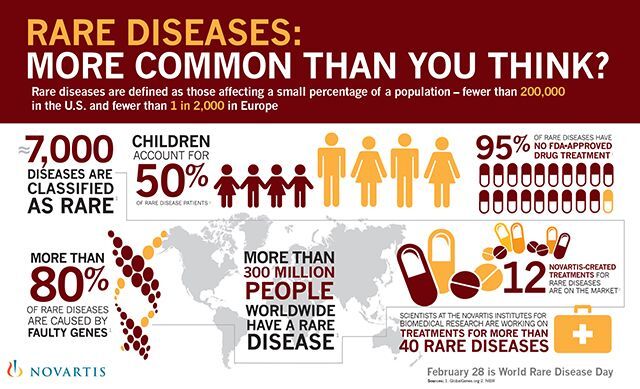more
Renato Dulbecco and the Impact of Dulbecco’s Modified Eagle’s Medium (DMEM) on Cell Culture

Renato Dulbecco: Renato Dulbecco, an Italian-American virologist, was born on February 22, 1914, in Catanzaro, Italy. He passed away on February 19, 2012, in La Jolla, California. In 1975, Dulbecco was awarded the Nobel Prize in Physiology or Medicine for his groundbreaking work on oncoviruses—viruses capable of inducing cancer. His pioneering research has contributed significantly to the fields of cell biology and virology. One of his key contributions …































